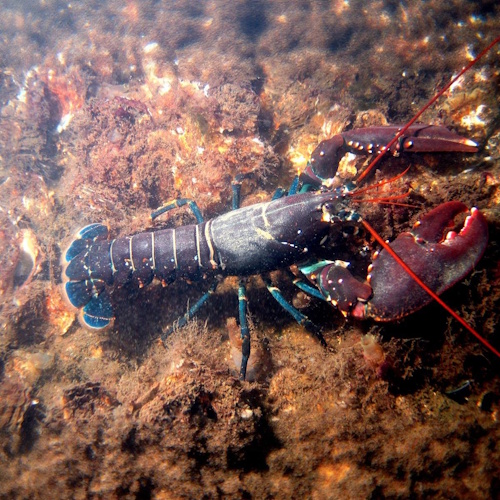Key points from article :
Lobsters defy the rules of ageing that most species, including humans, follow. While our bodies eventually lose the ability to repair damage and begin to decline, lobsters continue growing and repairing themselves throughout their long lives, which can span over 120 years. Unlike humans, lobsters don’t die of old age—they succumb to predators, disease, or the physical toll of moulting, the process of shedding and replacing their shells.
The secret to their longevity lies in telomerase, an enzyme that restores the protective caps on their DNA strands called telomeres. These caps prevent DNA damage and extend the lifespan of their cells, allowing lobsters to maintain robust growth and repair capabilities. In humans, telomerase is only active in certain cells, like stem cells, while most other cells age as their telomeres shorten with each division.
This raises an intriguing question: could activating telomerase help humans live longer? Scientists caution against this approach for now. Telomerase is often activated in cancer cells, enabling them to divide uncontrollably and evade the biological clock that limits normal cells. This link between telomerase and cancer highlights the need for more research into its role in ageing and disease.
For now, lobsters remain unique symbols of biological resilience. While humans may not yet unlock the "immortality enzyme," studying these creatures offers valuable insights into the science of ageing and potential pathways to healthier, longer lives.





